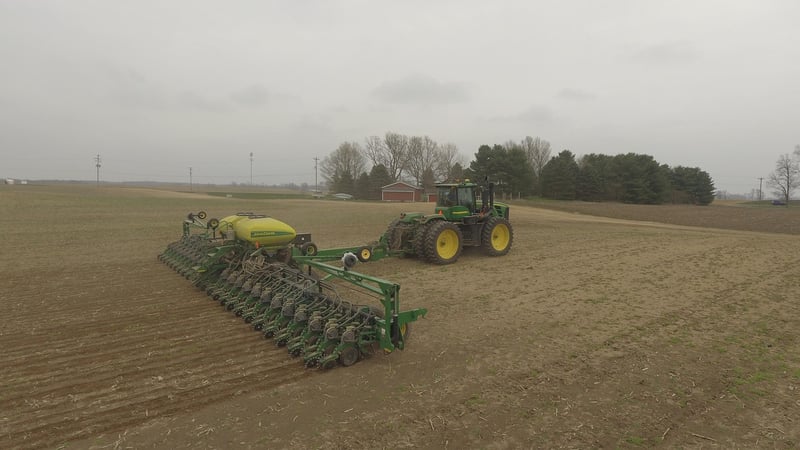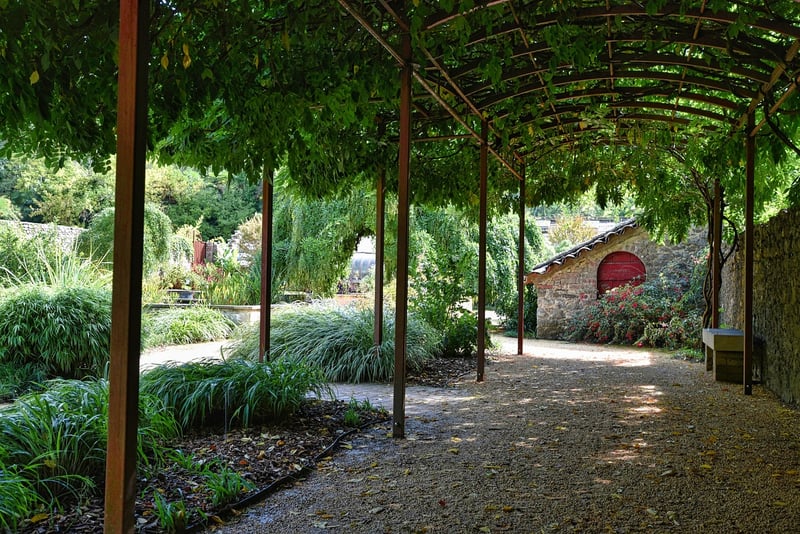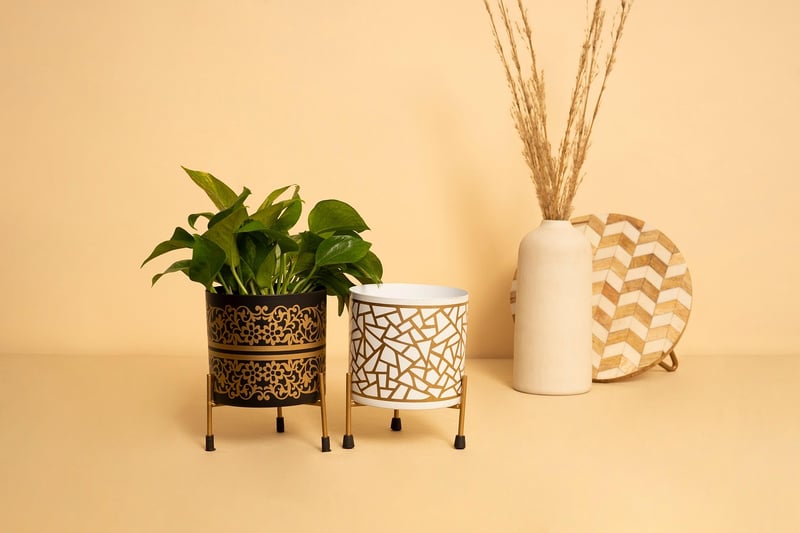DIY Vertical Structures
Exploring Innovative Ways to Grow Plants Vertically
Vertical gardening is a creative and space-efficient way to cultivate plants, whether you have a small balcony, limited outdoor space, or simply want to add a unique touch to your garden. By growing plants vertically, you can maximize space, improve air circulation around plants, and create stunning visual displays. Let's delve into some innovative methods to grow plants vertically and create DIY vertical structures:
1. Vertical Wall Planters
Vertical wall planters are an excellent way to bring greenery to your walls both indoors and outdoors. These planters come in various shapes and sizes, allowing you to create a living wall of herbs, flowers, or succulents. They are ideal for adding a touch of nature to small spaces.

2. Trellises and Arbors
Trellises and arbors provide vertical support for climbing plants such as tomatoes, cucumbers, and beans. These structures not only help plants grow upward but also add structure and visual interest to your garden. You can either purchase ready-made trellises or get creative and build your own using materials like bamboo or wood.

3. Hanging Planters
Hanging planters are a versatile way to grow plants vertically, particularly useful for trailing vines and cascading flowers. You can hang them from ceilings, pergolas, or even fences to create a lush green canopy. Consider using macrame plant hangers or repurposed materials for a unique look.

DIY Vertical Structures
If you're feeling crafty, here are some DIY vertical structure ideas to elevate your gardening game:
- Repurpose a wooden pallet into a vertical herb garden.
- Build a PVC pipe vertical planter for small spaces.
- Create a ladder garden using old wooden ladders.
- Construct a living wall with a frame and plant pockets.
With these innovative ways to grow plants vertically and DIY vertical structures, you can transform any space into a flourishing garden. Get creative, experiment with different plants, and enjoy the beauty of vertical gardening!
Remember, when selecting plants for vertical gardening, consider their light and water requirements to ensure they thrive in their new vertical habitat.
